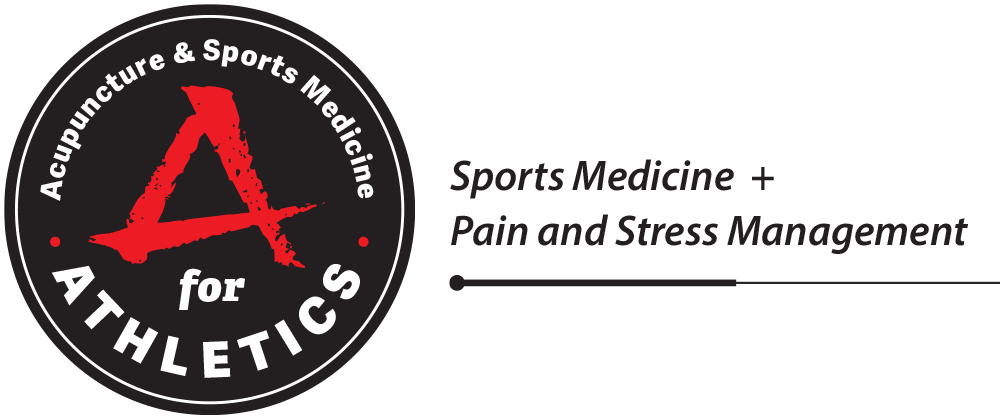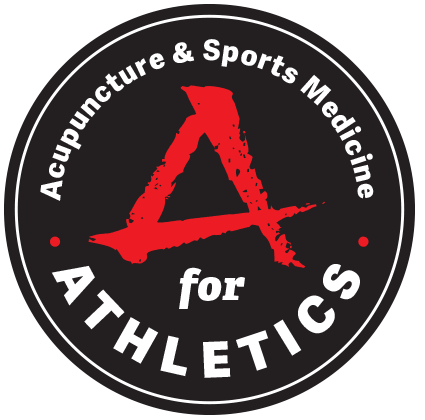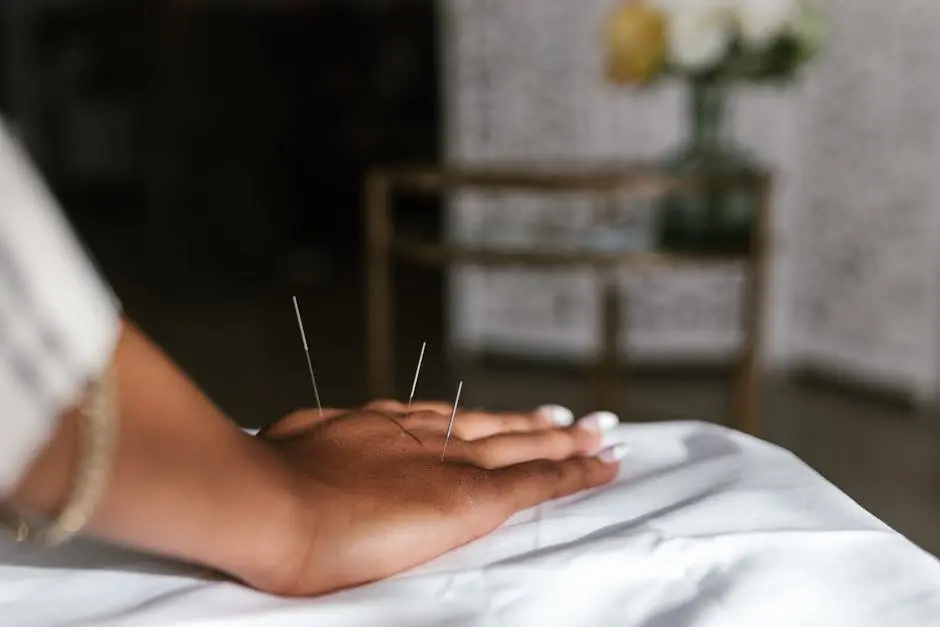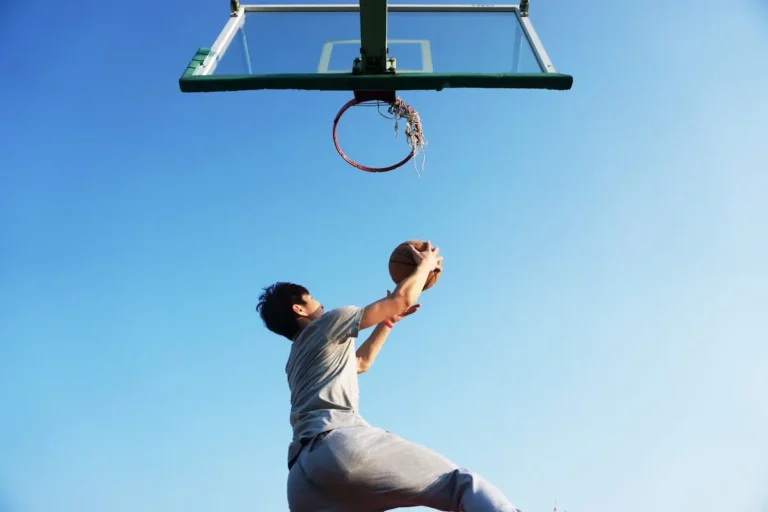7 Essential Tips for Athletes Using Acupuncture Needles for Pain Management
Athletes often face the challenge of managing pain efficiently, without relying solely on medication. Acupuncture has emerged as a beneficial alternative over recent years, particularly in bustling hubs like San Francisco. In this blog, we’ll explore seven practical tips for athletes considering acupuncture needles as part of their pain management regime.
1. Understanding Acupuncture Basics
Before jumping into acupuncture, it’s crucial to understand what it entails. Acupuncture involves the insertion of thin needles at strategic points on your body. This ancient practice seeks to balance energy flow and can help alleviate pain and enhance recovery. Understanding the basics can help athletes better appreciate how acupuncture might fit into their regimen. The core idea of acupuncture is the concept of ‘Qi’ or life force that flows through the body. By targeting certain points, practitioners aim to influence this energy flow and promote healing.
Acupuncture has been recognized not only for its pain relief capabilities but also for its role in improving sleep, digestive health, and overall energy levels. In a city like San Francisco, where athletes are often pushing their limits, acupuncture provides a natural and effective way to address these concerns without side effects commonly associated with pharmaceuticals. Athletes looking to manage pain and improve recovery times can benefit immensely from the integrative approach of acupuncture.
2. Consult a Certified Practitioner
Finding a reliable and certified acupuncturist is key. In a city like San Francisco, there are numerous practitioners, but ensuring they are qualified and experienced in treating athletes is essential. A good practitioner will tailor sessions to your specific needs, ensuring that the treatment aligns with your athletic goals. It’s important to check credentials and ask for recommendations, particularly from fellow athletes who have benefited from acupuncture. Their firsthand experiences can guide you to the right acupuncturist.
Additionally, certified practitioners in San Francisco often stay updated with the latest techniques and studies in the field. This means they can offer customized approaches that not only focus on pain relief but also enhance performance and recovery specifically for athletes. By trusting your treatment to an expert, you can rest assured that you’re receiving care that is not only effective but also safe.
3. Communicate Your Needs and Concerns
Effective communication with your acupuncturist can greatly influence the success of your treatment. Be open about your pain points, sports-related injuries, and any concerns you might have about acupuncture needles. This transparency helps tailor the sessions to better suit your unique needs. It is equally important to discuss your athletic schedule as this may affect your treatment frequency and intensity.
Moreover, discussing your broader health goals and any existing medical conditions is pivotal. This allows the practitioner to craft a comprehensive and holistic treatment that might include additional therapies or adjustments in needle techniques. Remember, your acupuncturist is a part of your team in managing pain and enhancing your performance.
4. Integrate Acupuncture with Other Therapies
Acupuncture can be more effective when combined with other therapies like physical therapy, massage, or chiropractic care. By combining these modalities, athletes can potentially see improved pain management and faster recovery times. Each of these therapies targets different aspects of the body and mind, complementing the others perfectly. For instance, while acupuncture focuses on restoring energy balance, physical therapy enhances muscular function and range of motion.
Incorporating multiple therapeutic approaches can also address diverse issues such as muscular tightness, joint dysfunction, and stress. This comprehensive strategy often results in athletes not only achieving their pain management goals but surpassing their own performance expectations. Encouraging communication among your healthcare providers can facilitate a cohesive treatment approach tailored precisely to your needs.
5. Monitor Your Body’s Response
It’s important to observe how your body responds to acupuncture treatments. Track any changes in pain levels, performance, and overall well-being. This feedback can help your practitioner adjust treatments accordingly and optimize outcomes. Keep a journal of your sessions and note any variations in pain intensity or mobility, which can offer insights into the effectiveness of the treatments over time.
A strong self-awareness of your body’s reactions also fosters better communication with your acupuncturist, enabling them to modify techniques or treatment frequencies as needed. Particularly for athletes, understanding how each session influences their physical and mental readiness can be vital for aligning acupuncture treatments with training cycles and competition schedules.
6. Stay Committed to the Process
Consistency is key in any therapeutic process. Staying committed to your acupuncture schedule will help achieve the best results. While individual sessions can provide relief, regular visits can help in long-term pain management and athletic performance. Acupuncture’s cumulative benefits often manifest over time, gradually alleviating chronic pain and enhancing your ability to meet athletic demands.
Commitment also involves adhering to any home-care advice provided by your acupuncturist, such as stretching routines or dietary recommendations. Taking these additional steps will reinforce the benefits of your acupuncture sessions, providing a comprehensive approach to managing pain and boosting performance.
7. Recognize the Psychological Benefits
Beyond physical relief, acupuncture can also offer psychological benefits. Many athletes report feelings of relaxation and stress reduction, which can be crucial in high-pressure sports environments. Recognizing these mental and emotional effects can enhance the overall efficacy of incorporating acupuncture into your routine. The psychological uplift can translate into improved focus and resilience during competitions.
Furthermore, acupuncture has been shown to positively affect sleep patterns, a critical component for recovery and peak performance. For athletes facing the stresses of training and competition, the resultant improvement in rest can make a notable difference in physical readiness and emotional well-being. By embracing both the physical and mental benefits, athletes can create a holistic routine that supports their ambitions.









